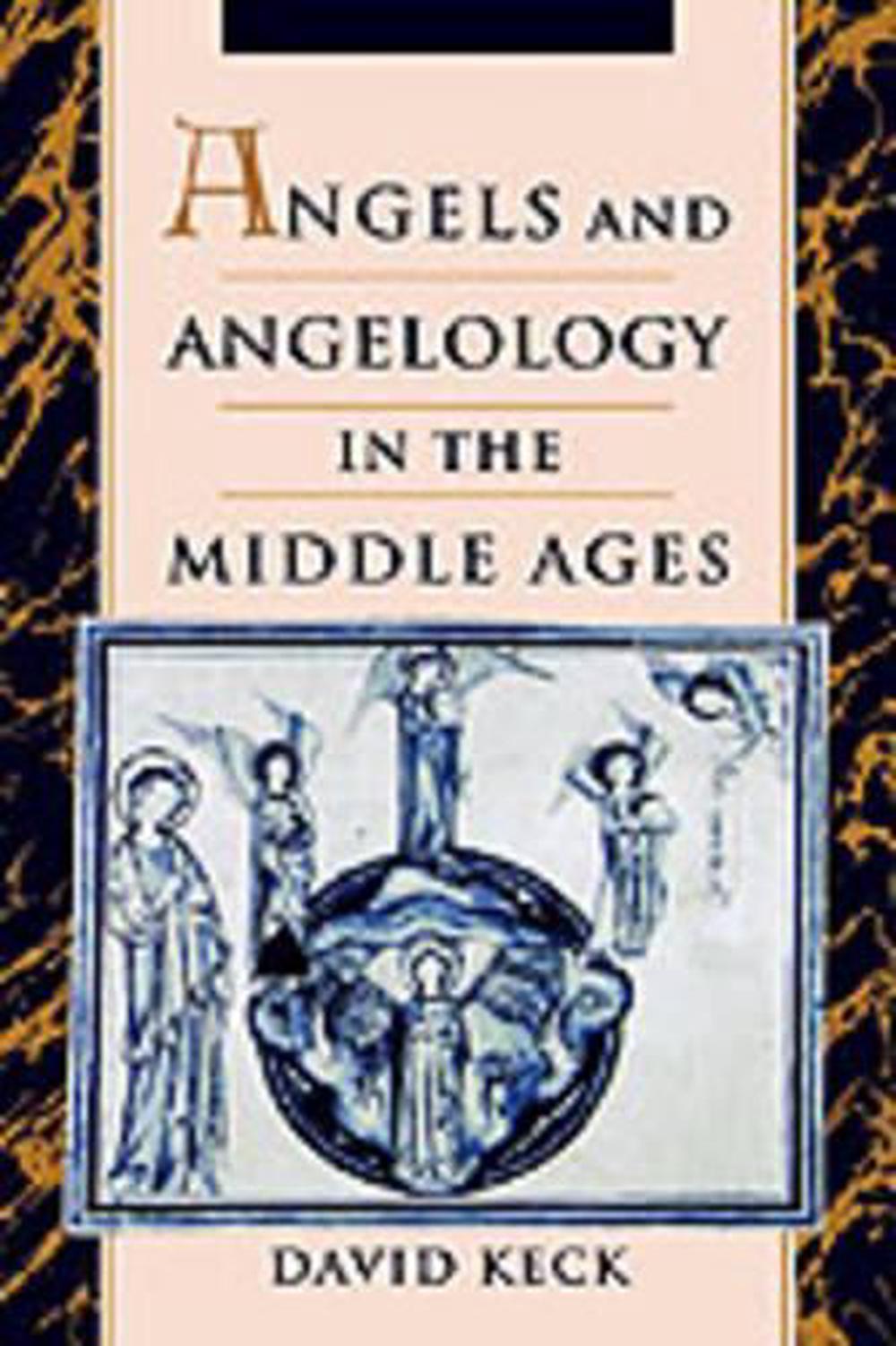
Angels and Angelology in the Middle Ages
$192.80
- Hardcover
280 pages
- Release Date
19 November 1998
Summary
Angels in the Medieval World: A Comprehensive Study
Recently, angels have experienced a resurgence in popular culture, but their true golden age was undoubtedly the Middle Ages. From iconic shrines like Mont-St-Michel and Monte Garano dedicated to Michael the Archangel, to the intricate metaphysical explorations of 13th-century scholars, angels profoundly shaped the physical, temporal, and intellectual realms of the medieval West.
This book presents an extensive exploration …
Book Details
| ISBN-13: | 9780195110975 |
|---|---|
| ISBN-10: | 0195110978 |
| Author: | David Keck |
| Publisher: | Oxford University Press Inc |
| Imprint: | Oxford University Press Inc |
| Format: | Hardcover |
| Number of Pages: | 280 |
| Release Date: | 19 November 1998 |
| Weight: | 590g |
| Dimensions: | 237mm x 158mm x 25mm |
You Can Find This Book In
What They're Saying
Critics Review
“Keck’s impressive work examines the way in which belief in angels came to permeate medieval Christian society as deeply as belief in evolution steeps ours….Keck’s exposition of the social-political consequences of angelology is fascinating….If I were to recommend one book on angels, Keck’s impressive ‘everything you wanted to know about angels but were afraid to ask’ would be the one.”–Theological Studies”Keck shows great depth in understanding of the subject from the inside: rather than viewing it as a curious set of phenomena, as an anthropological historian would do, Keck understands why medieval people took angels so seriously and how they were an integral part of medieval thought as a whole.“–Speculum”Keck’s impressive work examines the way in which belief in angels came to permeate medieval Christian society as deeply as belief in evolution steeps ours….Keck’s exposition of the social-political consequences of angelology is fascinating….If I were to recommend one book on angels, Keck’s impressive ‘everything you wanted to know about angels but were afraid to ask’ would be the one.“–Theological Studies
About The Author
David Keck
A native of Canada, David Keck lives in New York City with his wife, the editor and novelist Ann Groell.
Returns
This item is eligible for free returns within 30 days of delivery. See our returns policy for further details.




